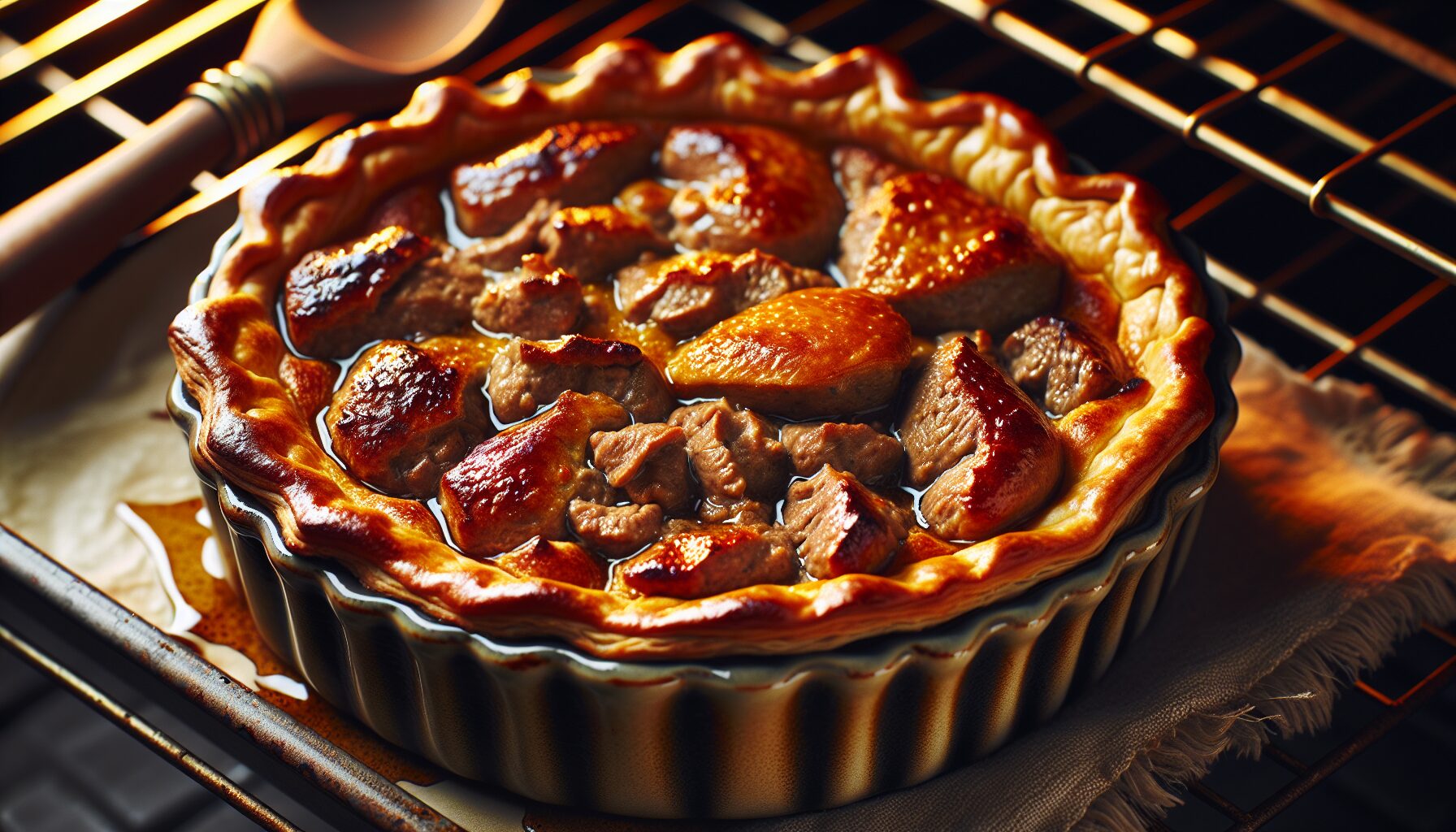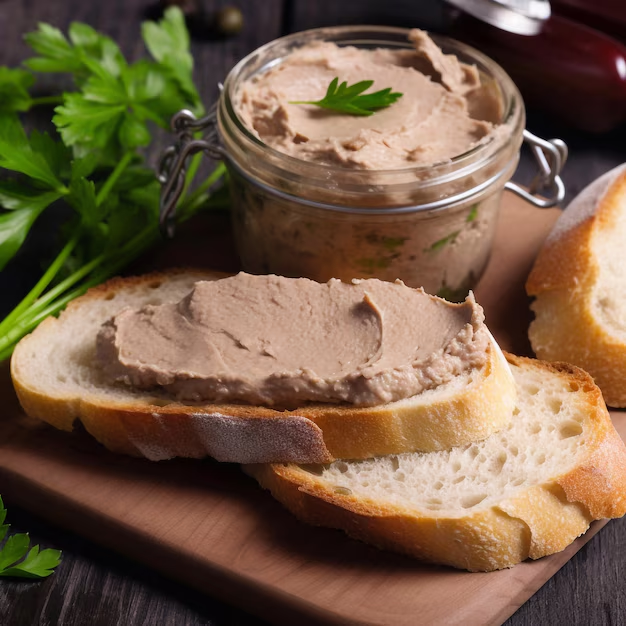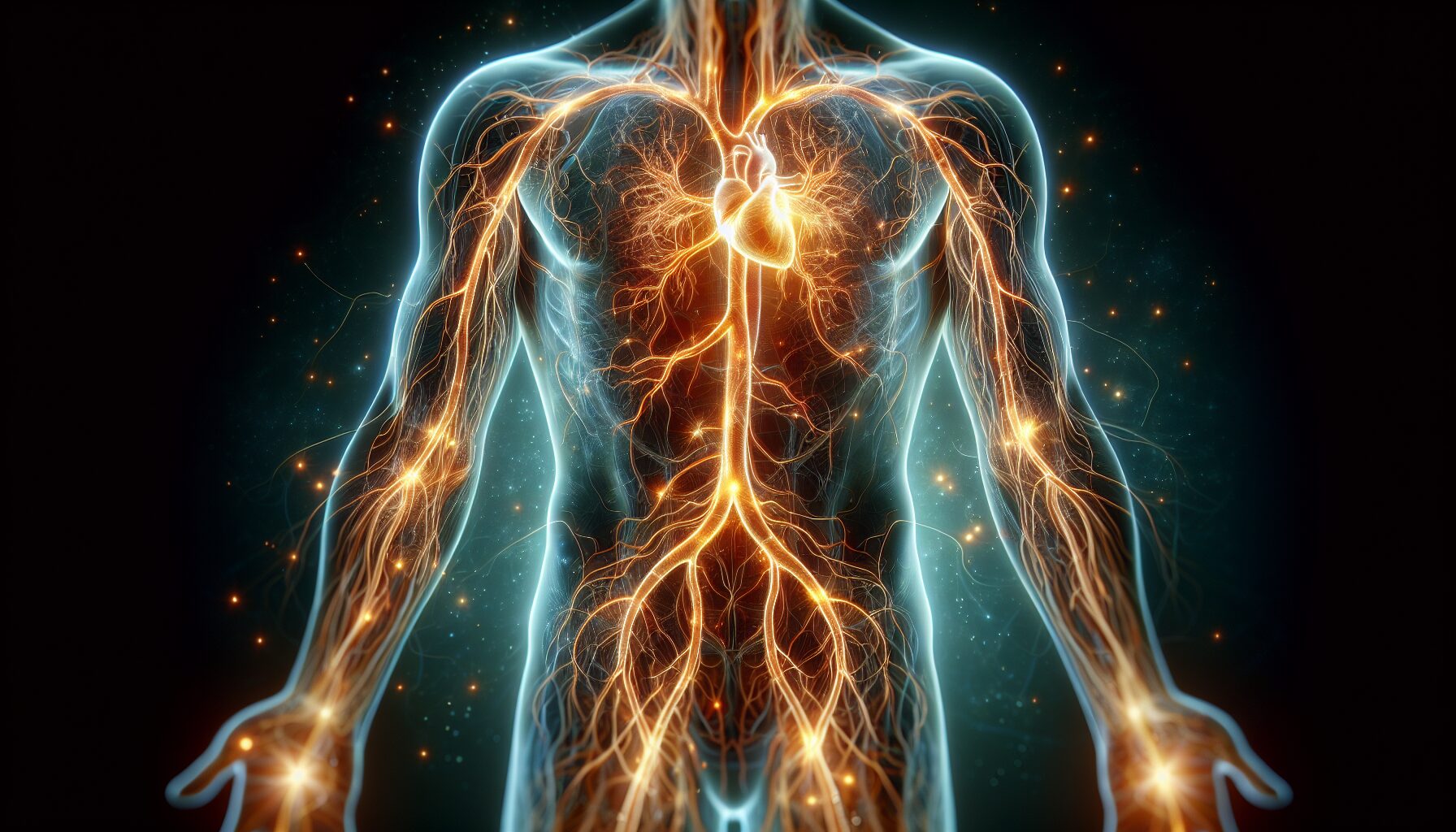
Benefits Of Chicken Liver: Nutrient Dense Foods
Chicken liver is a nutrient rich food, being of importance as it can offer many potential benefits to your health. This nutritionally dense food has risen in popularity recently and many people are wanting to try this cut of meat. Liver is an organ that is essential to optimal functioning in animals and chicken liver is just liver, but from chickens.
There are so many variations in how you can eat chicken liver including in a concentrated chicken liver pate, pan fried, or cooked and included in a pie. Beef liver has a much stronger taste than chicken liver does. In many cases, chicken liver is a lot more palatable than beef liver is. Ensure that you purchase organic chicken liver to maximise flavor and nutrition from your dishes, you can read more benefits of an organic lifestyle here.
Chicken liver is known to be full of essential nutrients including zinc, selenium and vitamin A. Let’s look at the potential benefits of chicken liver in more detail, to see if you want to try eating this food.

Vitamin A
By far the highest quantity of vitamin in chicken liver gram for gram is vitamin A. The two major forms of vitamin A are retinol and provitamin A carotenoids, including beta-carotene. You generally find formed vitamin A or retinol in animal produce and carotenoids in plant foods. Vitamin A deficiency leads to night blindness, dry skin and can also lead to fatigue or infertility.
Vitamin A or retinol is really important for optimum vision, especially as we age. Macular degeneration occurs when the elderly partially lose their eyesight. Protective antioxidant forms of vitamin A are thought to play a big part in preventing this. Vitamin A forms are linked to improved cognition, memory and learning. Retinol is an essential antioxidant for optimal eyesight and vitamin A might be linked to the prevention of some cancers.
Chicken Liver Vitamin A Content
The amount of vitamin A in chicken liver meat is quite remarkable. Chicken liver contains 14,400 IU of vitamin A per 100g of chicken liver meat. In terms of retinol content, chicken liver contains 4290µg per 100g of chicken liver. For adults, the RDA or recommended guideline amount per day between 700µg and 900µg for men and women.
To put this into context this means chicken liver offers approximately 500% in excess of your RDA per 100g, providing more than enough vitamin A for your daily needs. This vitamin is also fat soluble, so can be stored in the body. Liver then might be best eaten in a pie or pate form, where you will be absorbing this vitamin through fats.
Through consuming chicken liver, you are therefore guarding your intake of vitamin A. Chicken liver could possibly benefit your health through protecting you from different cancers, guard your eyesight and encourage optimal brain function or cognition. All of these are important health benefits that apply to all age groups, not just the elderly who are more susceptible to deficiencies.
Niacin
Niacin is a B vitamin that is essential for optimal health. Chicken liver provides 14mg of niacin per 100 grams of chicken liver, supporting optimal niacin status.
Niacin is a water-soluble vitamin that is needed for healthy metabolism. Vitamin B3, or Niacin, is highly implicated in the metabolic reactions that are needed to sustain energy production and growth in the body. Once absorbed niacin forms NAD which is used to produce ATP. Adults need around 14mg to 16mg of niacin, or equivalents, a day depending on if you are female or male. Deficiencies in niacin can result in fatigue and depression. Chicken liver supports optimum niacin status, pretty much covering your RDA too. Chicken liver can therefore be of benefit to your health by supporting normal energy production through your diet.

Zinc
There is a massive zinc deficiency crisis globally. Zinc is an essential body antioxidant that protects body tissues from free radical oxidative damage. This sort of damage can lead to DNA alteration and cancers, or other damaging events in the body. Zinc is also important for the production of sperm in men and is important for optimal fertility in both sexes. This mineral also has DNA level functions that assist with cell growth and has other key functions within enzymes too. Zinc deficiency is linked to poor growth and reproductive problems.
The amount of zinc within chicken liver is about 4mg per 100 grams of chicken liver. The RDA for zinc is 8mg or 11mg, if you are female or male. Chicken liver can provide a good portion of your zinc RDA, with all of the potential health benefits it could provide. While not as abundant or nutrient dense as vitamin A, this covers about half of your RDA in one 100g serving. Even though zinc is water soluble, your body stores zinc in muscle tissues in low concentrations.
Selenium
The RDA for selenium is 55µg per day, while pan fried chicken liver offers 88.2µg per 100 grams of chicken liver. Chicken liver supplies 160% of your RDA of selenium.
Selenium is absolutely vital for optimal health, it is an antioxidant that is crucial for heart health. Once selenium is absorbed it is incorporated into selenoproteins that form glutathione, one of the most powerful antioxidants in the body. Consuming chicken liver can therefore assist with the optimal intake of selenium, providing possible health benefits.
Vitamin B12
Vitamin B12 deficiency is also chronic in many countries. This vitamin is known as cobalamin and can be found naturally in various forms, the most usual being methylcobalamin, hydroxocobalamin and adenosylcobalamin. You can read more about vitamin B12 here.
Per 100g of chicken liver there is thought to be approximately 21µg of vitamin B12. This vitamin is really difficult to obtain through your diet. Vegetarians and vegans really struggle to find nutrient dense vitamin B12 sources. Vitamin B12 is important for optimal energy production, red blood cell formation and brain health. Signs of B12 deficiency include fatigue, jaundice and anaemia, a condition where functional red blood cells are deficient.
The guideline RDA or recommended amount of B12 is about 2.4µg per day. Chicken liver is therefore providing a massive 875% of your RDA in vitamin B12, providing you with of all the potential health benefits that B12 can offer. Chicken liver is really making its claim here as a top nutritionally dense food.

Choline
Choline is an essential nutrient and while it is not a vitamin, choline is essential for the prevention of liver disease, maintaining optimal cell structure and in neurotransmitter production. It has an important function in maintaining the blood brain barrier, a key component in protecting the brain from critical damage from toxins. On average, intakes of choline in North America should be far higher than they are.
Meats are rich sources of choline and chicken liver is no different. 100 grams of meat or eggs on average provides 430mg of choline per 100 grams. Chicken liver provides 327mg of choline per 100 grams, offering an added source of this essential nutrient, with all of the possible health benefits it offers.
Iron
This is an essential mineral for optimum red blood cell count in the body. Improved red blood cell counts will slightly improve results from intense athletic performance, as well as supplying the brain with optimum oxygen for optimal cognitive health. Key symptoms of iron deficiency include light headedness, anaemia and overall weakness. Iron deficiency affects about 1 billion people globally. You need a constant supply of iron to support daily red blood cell production.
Chicken liver provides you with 13mg of iron per 100g of liver meat. Iron RDA recommendations are 8mg for men and 18mg for females. This means that chicken liver can provide a nutrient rich source of iron to support your daily requirements, with all of the added health benefits that iron can provide.

Protein & Amino Acids
Chicken liver is a high protein, low carbohydrate food source. This is optimal for people who are looking to sustain lean gains in the gym or to support healthy weight loss. In 100 grams of chicken liver, you could intake up to 1.11 grams of carbohydrates and around 26 grams of protein.
This means chicken liver could provide you with a nutrient dense source of additional proteins to support a healthy lifestyle. Protein is of course essential for maintaining body tissues, growth and recovery following exercise.
Some essential amino acids that chicken liver is abundant in include leucine at 2.24 grams, isoleucine at 1.21 grams, methionine at 0.641 grams and arginine at 1.62 grams per 100 grams of chicken liver.
These amino acids will all support healthy muscle recovery. Leucine and isoleucine are involved in muscle and cellular growth, supporting healthy muscle recovery and striation. These are examples of branched chain amino acids that support lean muscle growth. Arginine has a role as a molecule that helps muscles to recover through creatine production, is involved in collagen synthesis and is essential for the anti-inflammatory nitric oxide pathway of the circulatory system.
Conclusion
Chicken liver is one of the most nutrient dense foods that is readily available in most larger food or grocery stores.
Chicken liver is a nutrient dense source of some key nutrients such as vitamin A, zinc, selenium, vitamin B12, choline and some essential amino acids too.
Through increased uptake of these nutrients, chicken liver could possibly improve health outcomes like muscle recovery, lean muscle growth, red blood cell counts, fatigue, antioxidant status and the conservation of sight into old age.
Chicken liver therefore could provide some health benefits that might be of significance in maintaining a healthy lifestyle.
For more interesting articles, navigate to the main articles page below.





